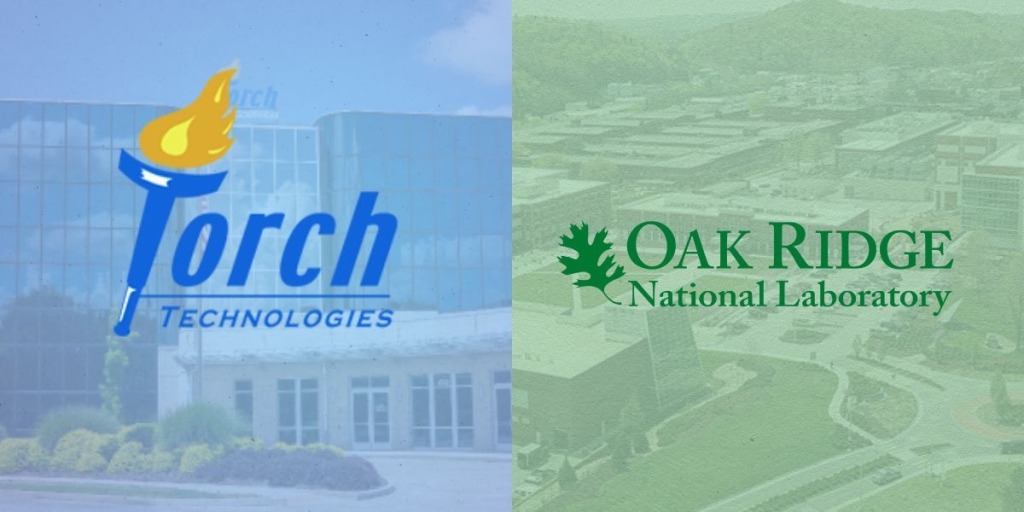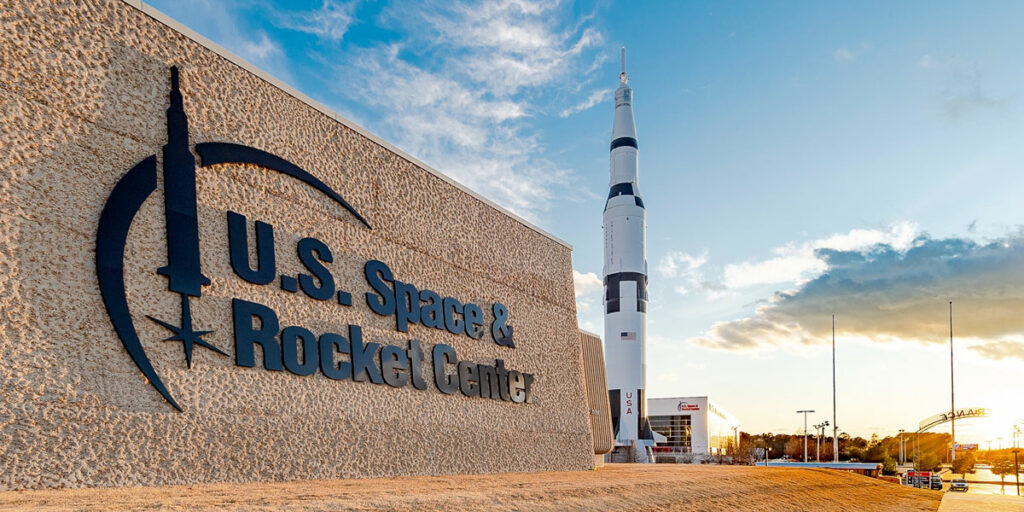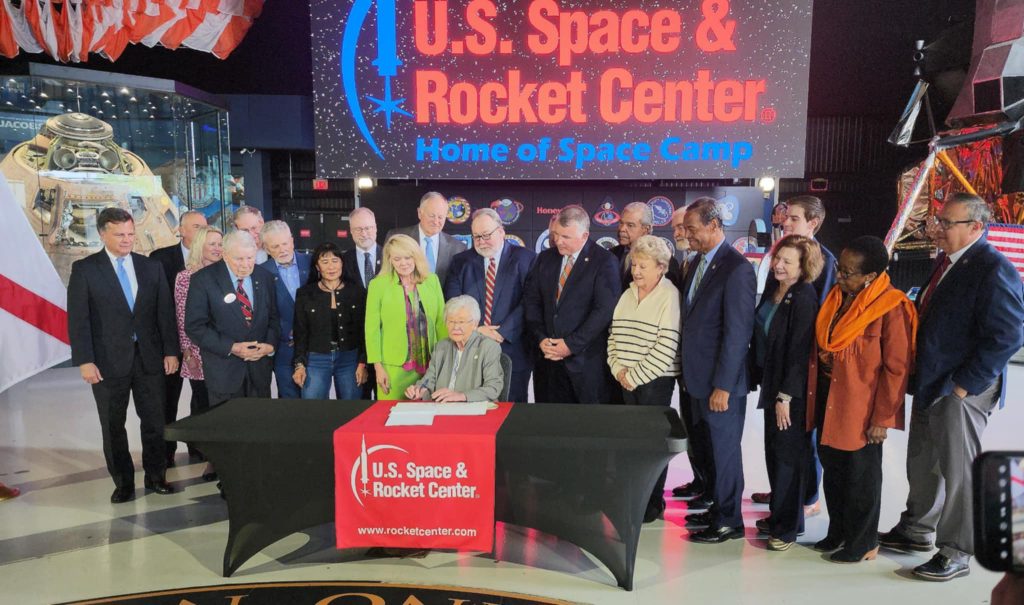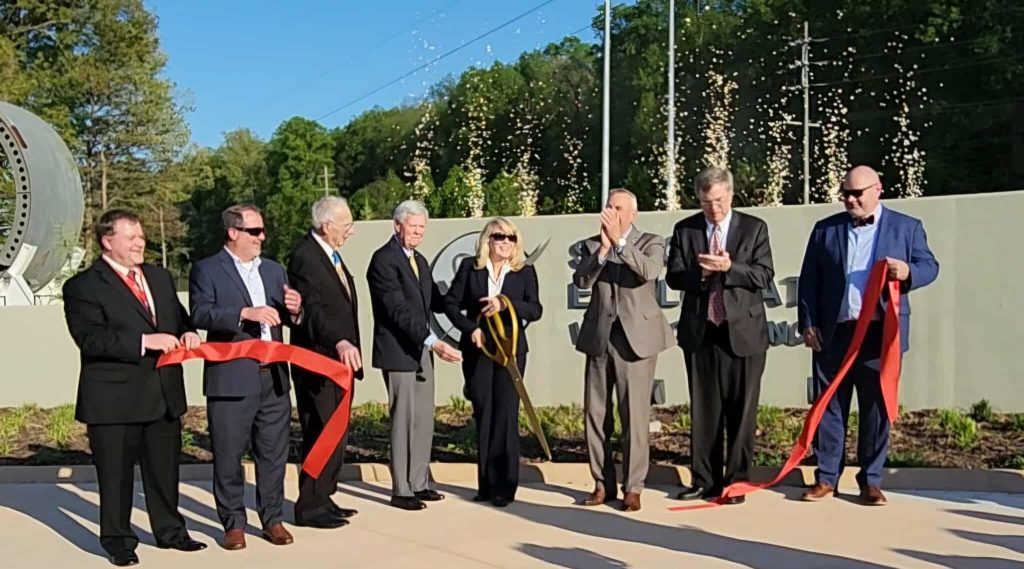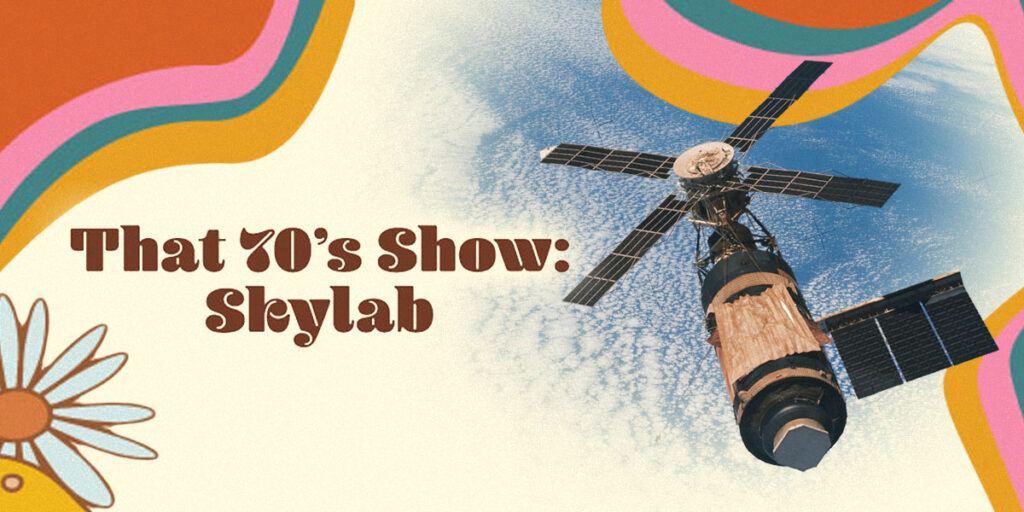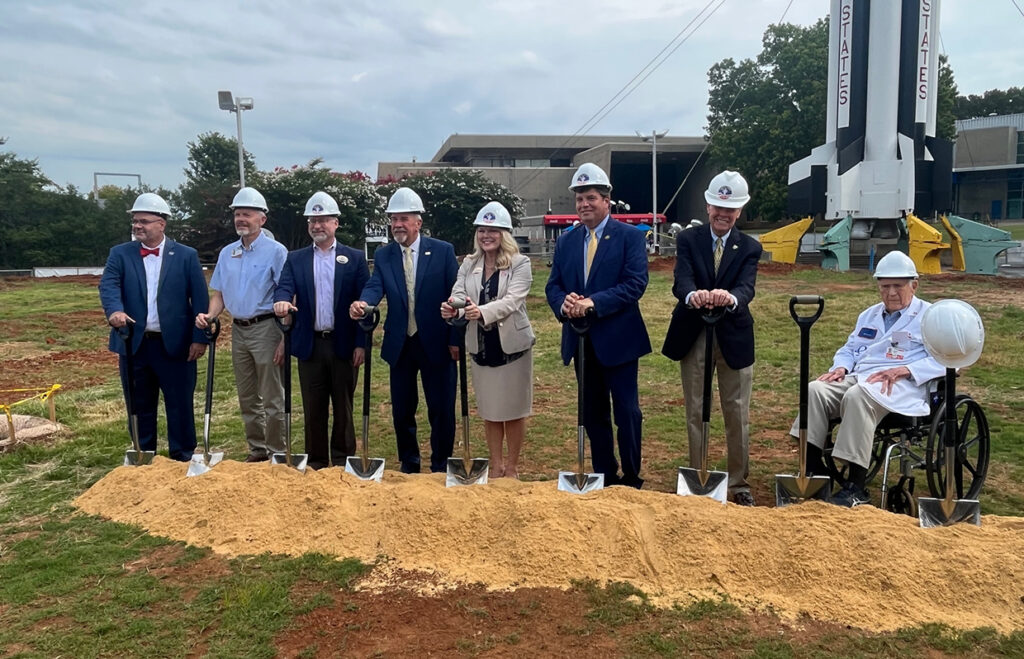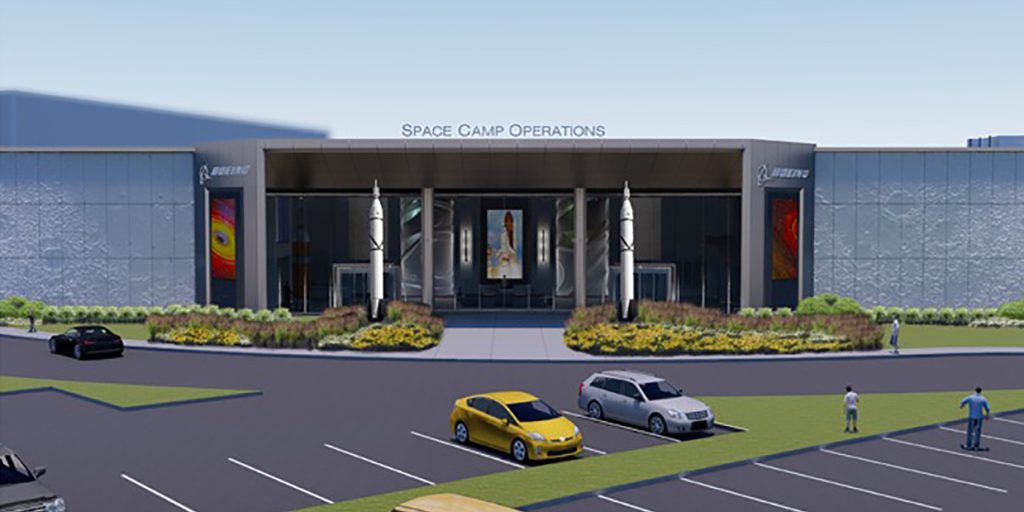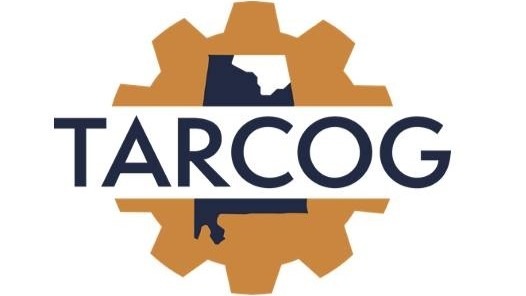HUNTSVILLE – Thursday morning marked the first stage of the return of Rocket Park’s Rocket Row at the U.S. Space & Rocket Center.
Dr. Kimberly Robinson, the center’s CEO and executive director, welcomed the return of the Rocket City’s iconic “Spaceline.”
“The Rockets comprising Rocket Row here at the Space and Rocket Center have been integral to our identity since the museum’s inception in 1970,” she said. “These historic artifacts have welcomed millions of visitors, serving as tangible symbols of humanity’s journey into space.”
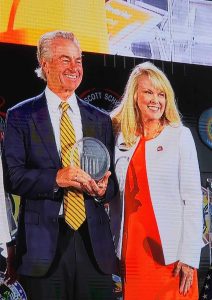
The Rocket Row rockets are the Army Redstone, Jupiter, Jupiter-C, Juno II, and Mercury-Redstone rockets, all of which were mounted before the Rocket Center opened in 1970. These vehicles represent the Redstone family of rockets that led to the development of the Saturn I and ultimately the Saturn V that took Americans to the moon.
“Each has stood as witness of the can-do spirit of our early explorers, but those rockets that were originally intended for active space missions shortly after their assembly have stood proudly on display for over five decades,” said Robinson. “And during the passage of time and the weathering of all the elements, those years finally took their toll, necessitating a critical need for restoration to preserve these priceless artifacts.”
The rockets were removed in 2018 and transported to Cosmos Aerospace in Cullman for restoration work.
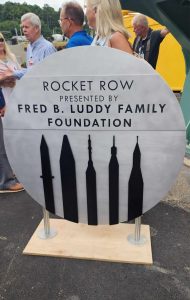
The restoration work on the rockets in the Rocket Park was made possible by Fred Luddy, a Space Camp parent from California, who provided $2 million in funding for Rocket Row.
Luddy said he first visited U.S. Space & Rocket Center when his son attended Space Camp. He said it was a magnificent place but noticed the rockets looked “a little tired.”
“They already had a plan. The plan just needed a little fuel,” said Luddy. “I want to thank the U.S. Space & Rocket Center and the city of Huntsville for letting us be a small part of this. We’re very, very proud to be part of your community. Thank you.”
Madison County Commission Chairman Mac McCutcheon said Rocket Row is something to be celebrated.
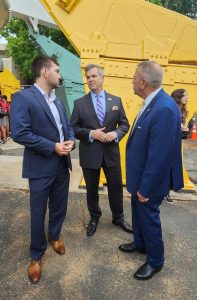
“It is a place where we can celebrate our history, our heritage, and it is literally part of the fabric of our lives,” he said. “As we go through this park and we get to see the new rocket park out there, keep in mind that this is a part of our history, of our country. It is providing defense for our country. It has given us space exploration.
“It has put a man on the moon and now looking forward to going to Mars and beyond. All of this is a part of it.”
Once the renovation of Rocket Park is completed, it will include an amphitheater for educational experiences and community events, and greener, guest-friendly spaces.
Another important addition to Rocket Park will be a section of the SLS Core Stage Pathfinder, a mock-up that matches the size, weight, and center of gravity of the Space Launch System managed by Marshall Space Flight Center.
Huntsville Mayor Tommy Battle said the city is the birthplace of NASA and the Spaceline signifies hustle and progression.
“Now we’re putting together the SLS that is one of the heaviest lift rocket engines ever, ever to be put on Earth,” he said. “And it just shows the progression of what has been accomplished out of Marshall’s Space Flight Center right here at Redstone Arsenal.”
The Pathfinder was used at Kennedy Space Center and other NASA centers to practice handling an actual vehicle. The segment will illustrate the massive size of the SLS launch vehicle and help tell the story of the Rocket City’s current and ongoing role in space exploration.
Additionally, officials are planning to dedicate the Marshall Retirees Association’s Space Exploration Honor Wall in October. The wall will include the more than 21,000 names of local people who have supported space exploration as employees of the Marshall Space Flight Center and companies that work with NASA.
John Allen, CEO of the Huntsville Committee of 100, said the names on the Honor Wall laid the foundation for today.
“The honor wall is representative of the foundational people that built this community. It’s a testimony to their hard work and effort,” he said. “I’ve said before, we’ve pencil whipped the Saturn 5 to the moon. The engineers and scientists and all the supporting personnel that worked on it and numerous other history-making missions that were built and supported here in Huntsville are reflected on this wall.
“We can’t do what we were doing today without that foundation many years ago from these individuals.”
Additional work on the Spaceline will continue for the next few months, including the completion of the space shuttle Pathfinder restoration project. Once complete, the orbiter will be placed back on the full shuttle stack, returning that icon to the city’s Spaceline.



